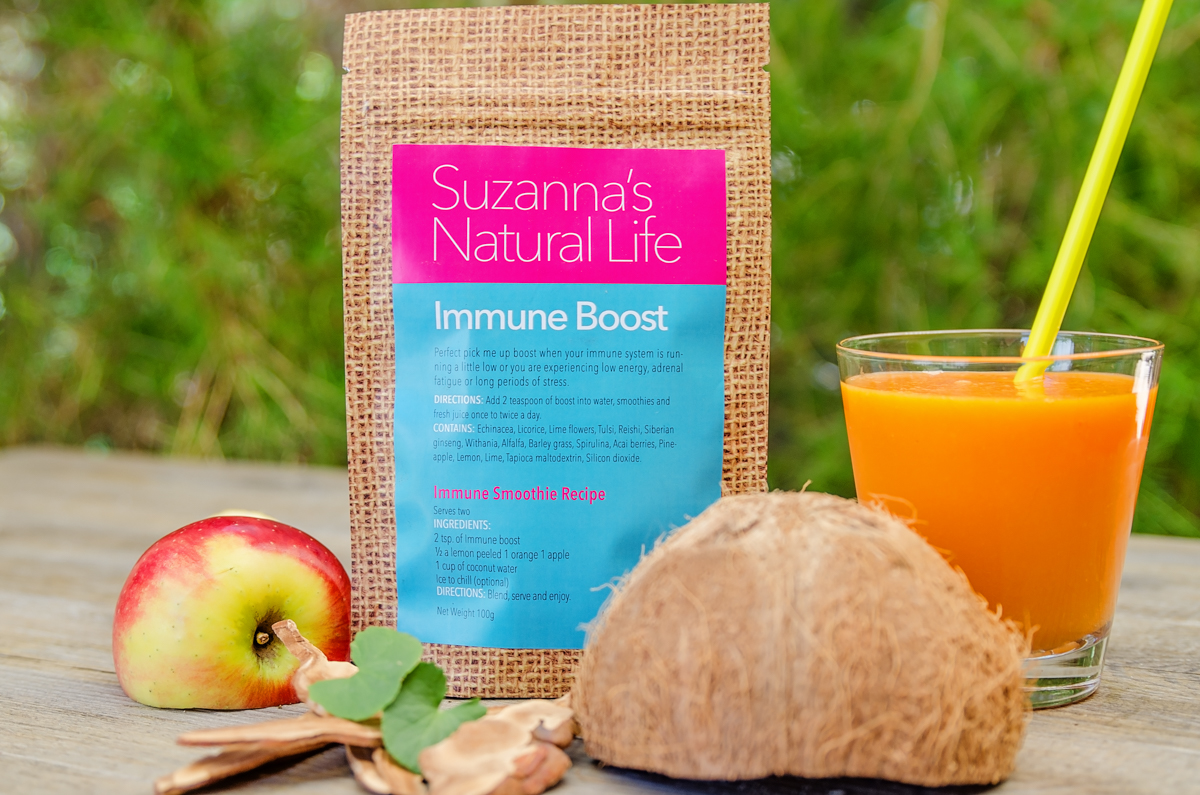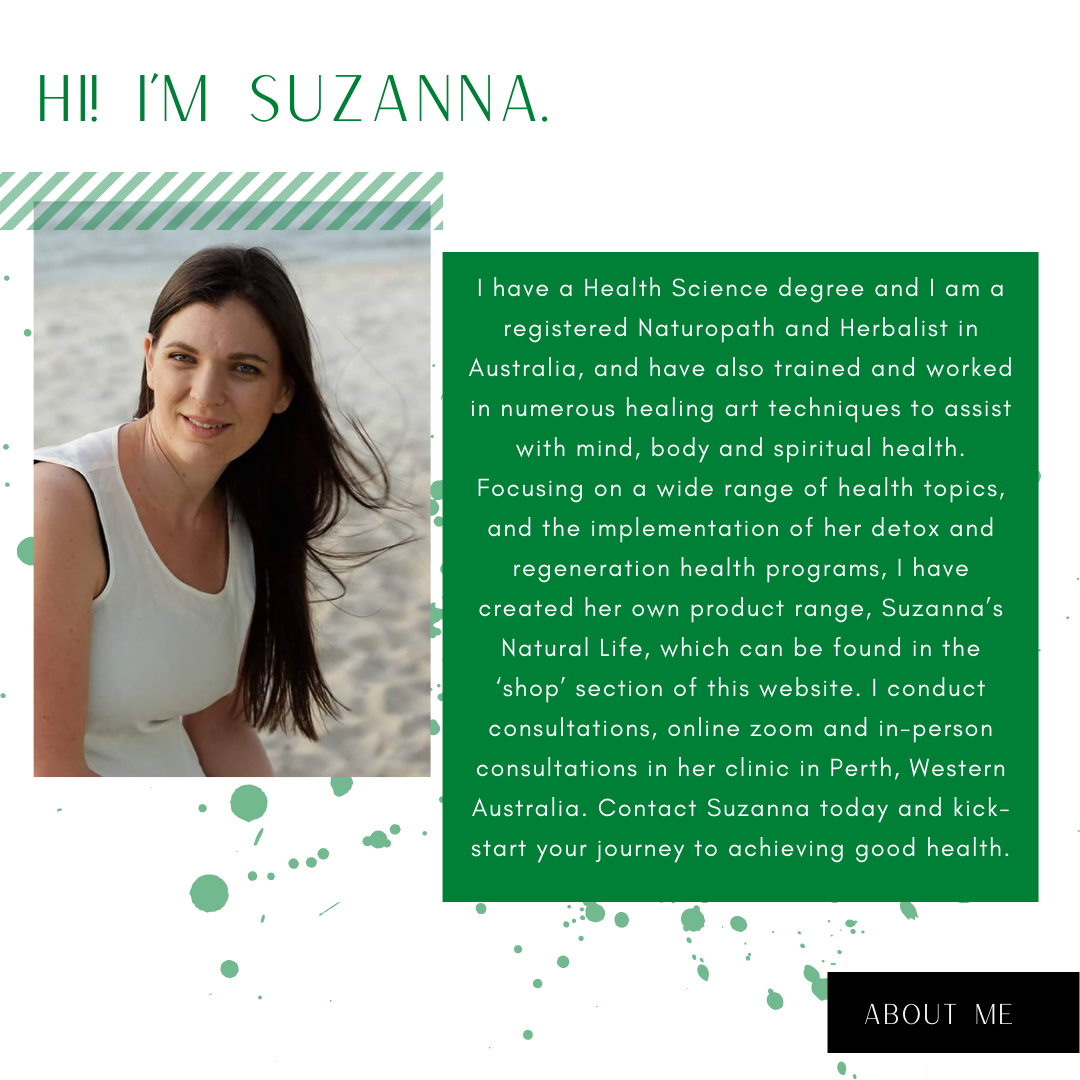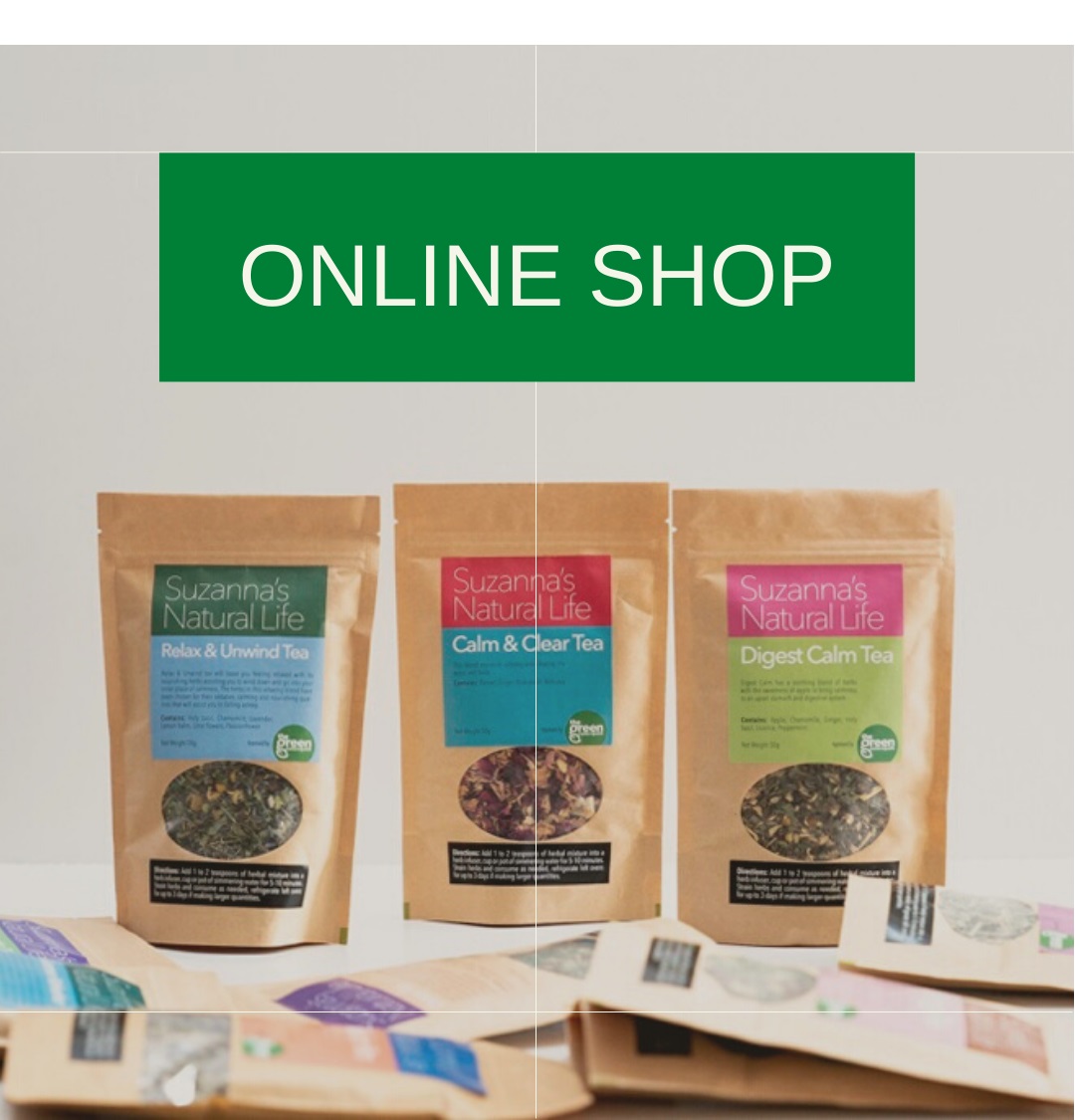

What is hay fever and how is it triggered?
Seasonal allergies can occur all year round but are at their worst in the pollen seasons starting as early as late winter when the trees start to pollen, soon after the grass starts to seed,
then the flowers start to release their pollens the greatest culprit of all allergies is the beautiful Australian wattle flower.
Whatever triggers the allergy it can be very debilitating preventing you from doing everyday duties efficiently. When the body is subjected to allergens and foreign objects the body responds by releasing histamines.
Histamines help protect the body from invaders such as bad bacteria and foreign particles unfortunately bringing on inconvenient symptoms that make us feel terrible causing inflammation responses.
Antihistamines are frequently used to help block histamine from activating and causing an allergy response. Antihistamines do not work as well if the body has already been exposed to the allergen as the body has already started to release histamine and the inflammation processes. Unless you can predict an allergy flair up it can be very hard to control allergies which is why allergies are so debilitating and why antihistamines are not always useful.
Are antihistamines good over the counter?
Antihistamines can cause symptoms such as; sleepiness, abdominal discomfort, nausea, digestive issues, clumsiness, increased appetite and weight gain. When working with clients with allergies I always work on building the immune system up and working through any other health issues that may contribute to severe flair ups. I often find that allergies are reduced and that everyday life can be enjoyed without the debilitating symptoms of allergies and without the heavy use of antihistamines.
My top tips to keep hay fever at bay
Vitamin C, Natures Natural Antihistamine.
Diets high in vitamin C can reduce allergy symptoms significantly as vitamin C works similar to antihistamines. Vitamin C is also great at building a strong immune response to help with reducing the severity of the allergy, while building the immune system up.
Foods high in vitamin C include; citrus fruit, broccoli, brussel sprouts, parsley, paw paw, pineapple, rosehips, strawberries, tomatoes and sweet potatoes. Including these foods, in your diet, every day can help strengthen the immune system and reduce inflammation in the body along with a healthy diet, fresh drinking water and adequate exercise.
Include some Ginger into the daily routine
Ginger tea can be soothing as it helps keep inflammation down and acts as a decongestant.
4 Foods and beverages that can increase hay fever symptoms and should be eliminated during hay fever flare-ups are.
- Dairy products as it can increase mucous build-up when the immune system is lower.
- Caffeine-containing products such as coffee, black tea, green tea, chocolate, energy drinks, some soda beverages can increase the release of histamine.
- Sugary foods as it raises and creates a fall in blood sugar levels. This activates a release in histamine as adrenalin levels surge. Sugar will increase hay fever symptoms.
- Alcohol can increase histamine release and should be avoided during hay fever season.
If you suffer severe allergies it is recommended you work with a health practitioner so a treatment plan can be advised for a point of attack. The good thing about working with a practitioner with your allergies is you will learn skills you can implement yourself for the following year and every year after that getting stronger every year.
Try Suzanna's Natural Life Immune Boost powder to increase your immunity this allergy season.
“The human body has been designed to resist an infinite number of changes and attacks brought about by its environment. The secret of good health lies in successful adjustment to changing stresses on the body.” – Harry J. Johnson
MEDICAL DISCLAIMER
This content is for informational and educational purposes only. It is not intended to provide medical advice or to take the place of such advice or treatment from a personal physician. All readers/viewers of this content are advised to consult their doctors or qualified health professionals regarding specific health questions. The Green Naturopath takes no responsibility for possible health consequences of any person or persons reading or following the information in this educational content. All viewers of this content, especially those taking prescription or over-the-counter medications, should consult their physicians before beginning any nutrition, supplement or lifestyle program.





